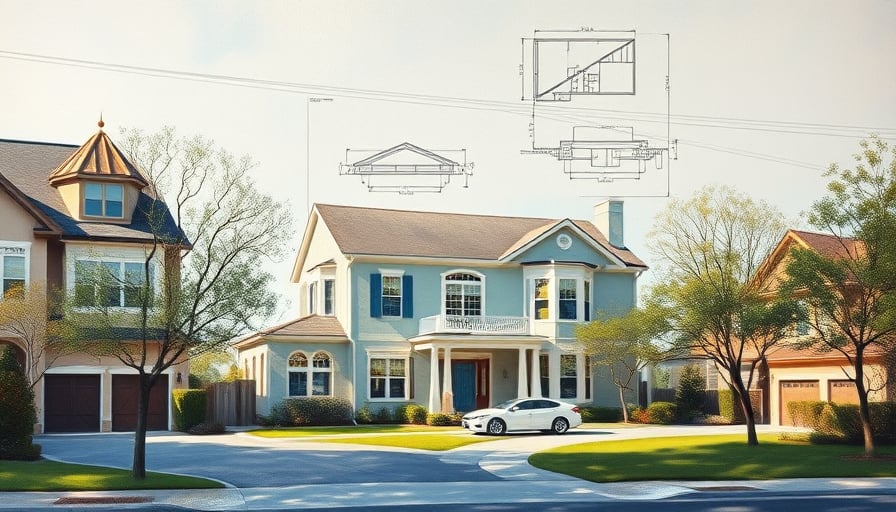SkyWorld Development Berhad: Profit Decline Reflects Market Realities, Not Management Missteps
SkyWorld Development Berhad (KL:SKYWLD) announced that its net profit for the second quarter ended 30 September 2025 plunged to RM7.9 million, a 45 % year‑on‑year drop from the RM14.53 million reported for the same period in 2024. The company’s revenue fell 30.3 % to RM86.68 million from RM124.33 million, underscoring a steep contraction in sales during the reporting window.
The earnings slide is not an isolated event; it is part of a broader pattern of declining profitability that has persisted throughout the year. For the first half of fiscal year 2026, net profit was RM10.78 million compared with RM24.52 million a year earlier, a 56 % fall. Revenue for the six‑month period also contracted, declining 28 % to RM161.28 million from RM223.14 million.
Unbilled Sales Surge Amid Project Completion
Despite the revenue dip, the firm reported that its unbilled sales rose 21.9 % quarter‑on‑quarter to RM589 million. This increase is largely attributed to the launch of SkyAman 1 Residences in Cheras, Kuala Lumpur. The rise in unbilled sales suggests that the company’s pipeline remains robust, even as finished‑goods revenue has dipped following the completion of major projects such as EdgeWood Residences and SkyVogue Residences last year.
Dividend Policy Adjusted to Reflect Earnings Reality
In line with the earnings decline, SkyWorld lowered its dividend to 0.22 sen per share from 0.5 sen a year ago. The dividend is scheduled for payment on 15 January 2026. This adjustment signals that the board is aligning shareholder returns with the company’s current profitability, rather than maintaining a generous payout that could strain cash flows.
Market Response and Share Price Impact
The market has reacted sharply. As of 19 November 2025, the stock closed at MYR 0.515, well below its 52‑week high of MYR 0.715 and above its low of MYR 0.38. With a price‑to‑earnings ratio of 10.93, the stock appears undervalued relative to its earnings trajectory, yet the recent profit decline has dampened investor sentiment.
CEO’s Outlook: A Focus on Affordability and Discipline
CEO Lee Chee Seng emphasized that the current market conditions favor developers who concentrate on affordable housing and maintain disciplined, prudent financial management. “While the industry still faces inflationary pressure and cautious sentiment, well‑planned urban housing continues to command steady demand,” he said. This stance highlights the company’s strategic shift toward projects that can deliver both revenue and social value in a tightening environment.
Critical Assessment
SkyWorld’s performance illustrates a classic “completion‑lag” problem: revenue spikes in one year are followed by sharp declines when high‑margin projects finish. The company’s ability to sustain its pipeline—as evidenced by rising unbilled sales—is encouraging, but the profitability squeeze underscores the need for tighter cost control and a more resilient revenue model.
In sum, SkyWorld Development Berhad’s recent financial results expose a fragile balance between project completion cycles and sustainable profitability. Stakeholders must weigh the company’s pipeline strength against the erosion of earnings, while monitoring how the shift toward affordable housing will play out in an increasingly competitive market.
